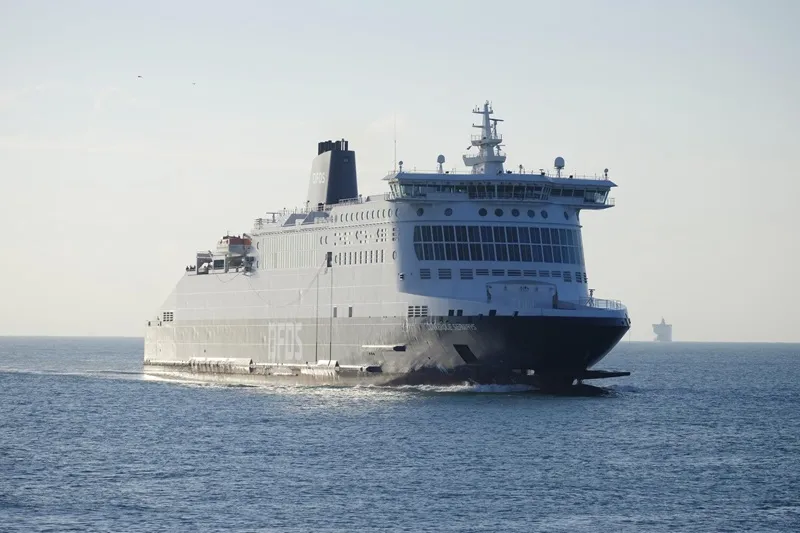Danish Shipping has welcomed the European Commission’s Sustainable Transport Investment Plan (STIP) but emphasized that the EU must now translate its proposals into concrete investments in green fuel production and maritime decarbonization.
The industry body has previously proposed that part of the DKK 3.8bn ($523m) that Danish shipping alone is expected to contribute annually once the sector is fully included in the EU Emissions Trading System (EU ETS) in 2026 should be earmarked to bridge the price gap between fossil and green fuels — both in production and consumption.
According to Danish Shipping, it is encouraging that the European Commission is now urging Member States to allocate sufficient ETS revenues to the maritime and aviation sectors, including for the production of sustainable and low-emission fuels.
“The EU must focus on ensuring supply, price stability, and competitiveness when it comes to green fuels. The EU should, among other things, set common European targets for the production of green fuels. At Danish Shipping, we view positively the Commission’s proposal on de-risking long-term contracts and introducing two-sided auction mechanisms to reduce the price gap between fossil and green fuels. This is simply a prerequisite for implementing the EU’s own initiatives such as FuelEU Maritime and ReFuelEU Aviation, which aim to reduce greenhouse gas emissions,” said Anna Vejlby Ib, Head of Danish Shipping’s EU Representation.
The Commission adopted STIP on November 5, setting out a roadmap to accelerate the energy transition of aviation and waterborne transport sectors. To meet the fuel targets set out in the ReFuelEU Aviation and FuelEU Maritime Regulations, around 20 million tonnes of sustainable alternative fuels will be needed by 2035.
Danish Shipping also supports the Commission’s ambitions to strengthen cooperation with partner countries such as Morocco, Algeria, and Egypt — where there is abundant sun, wind, and energy infrastructure.
“The EU is in imminent danger of being overtaken by China and other ambitious players when it comes to the production of the green fuels we need to power our ships. It is therefore very positive that the Commission has focused on this issue in the STIP. The Commission proposes several sensible action points and investments, and we look forward to seeing these move from strategy to reality,” said Vejlby Ib.
She added: “It is positive that the Commission maintains its focus on competitiveness and the green transition at the same time — not least at a time where other forces are pulling in the opposite direction. Shipping is — and must remain — part of the solution. But that requires the EU to dare to invest massively in the green transition now. The world is not standing still — and neither must Europe.”
The STIP includes measures to mobilize at least €2bn through InvestEU for sustainable alternative fuels until 2027, and €300m through the European Hydrogen Bank to support the production of hydrogen for sustainable aviation and maritime fuels.





